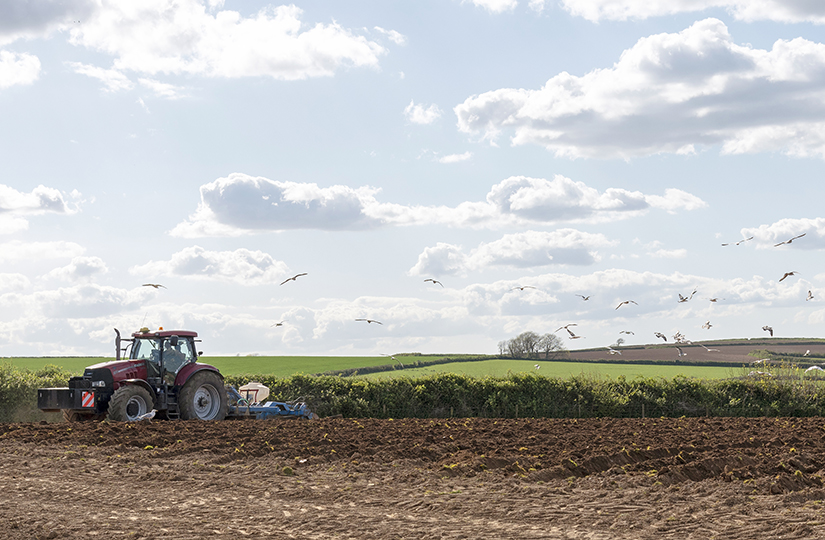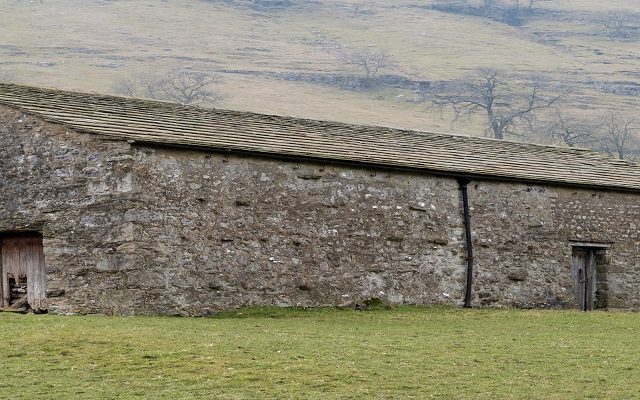Information for farmers and landowners on rule changes as a result of coronavirus
The coronavirus outbreak means that the rules that farms and rural estates are used to following are frequently being updated. Here’s a summary of some of the key developments in areas with implications for farm and estate management:
Basic Payment Scheme
- The deadline for BPS applications (Single Application Form) in England and Wales has been extended from 15 May to 15 June.
- For England, the final date for amending claims without penalty has been extended to 30th June (from 31st May) and final submission deadline (with penalty) has been extended to 10th July (from 10th June).
- The deadline in Scotland currently remains 15 May.
- The three-crop rule has been relaxed in all three regions.
Farm inspections
- BPS farm inspections have been paused for at least three weeks.
- Farm assurance bodies have also suspended physical inspections and are working on plans for remote inspections.
Other farm payment schemes
- The claim deadline for Round 2 of Countryside Productivity Small Grants Scheme has been extended to 31 July to give applicants more time to get the equipment on farm.
Working safely
The National Association of Agricultural Contractors has issued some useful guidelines for working safely on a farm during the coronavirus outbreak, which may prove useful to all farm businesses. The situation is evolving so it is also important to track government advice and update employees as they change.
Sensible precautions at present include:
- Where possible, keep to a one-man-one machine policy. Consider assigning one person to deal with all particular jobs which require a particular machine.
- Clean tractor cabs thoroughly after use by each member of staff using disinfectant eg door handles, steering wheel and all areas likely to have been handled.
- Wash hands regularly after touching ‘shared’ machinery/equipment or consider wearing disposable gloves.
- Discourage visitors to your yard – put up notices if necessary. If essential eg deliveries, ensure they remain at least 2m away and ask for deliveries to be left at a distance in a secure, agreed place.
- Avoid passing over paperwork unless absolutely necessary, and in such cases only pass it one way.
- Be aware that family members and children might be carriers of the virus. Don’t think that, because you work in the open air, you will not be exposed to virus threat.
- Think through contingency plans should you, a family member or a member of staff be forced to self-isolate.
To read the full NAAC guidance: https://www.naac.co.uk/wp-content/uploads/2020/03/Coronavirus-NAAC-Guide-for-Members-March-26-plus-checklist-2020.pdf
Veterinary visits and TB testing
- Vets have been advised to switch to emergency care only and work that maintains the food supply chain.
- TB testing is continuing in England, Wales and Scotland, although the authorities say the situation is being regularly reviewed. However, farmers who need to self-isolate because they are in a vulnerable group or if they or a member of their household is showing symptoms are being asked not to present their cattle for TB testing and instead talk to their vet about rearranging it. In the event of tests becoming overdue, whole herd movement restrictions will apply, but cross-compliance penalties for a late test will not. Find the latest information on the TB hub. https://tbhub.co.uk/statutory-tb-testing-of-cattle-in-gb-during-the-covid-19-pandemic/
CPD
- With most industry events cancelled, BASIS has taken the decision to relax its CPD requirements for Professional Register members. Members holding the Certificate in Crop Protection would usually be required to gain 40 CPD points annually by 31 May. Instead, members have been told they must collect 80 points to cover the 2019/20 points-year and the 2020/21-points year by 31 May 2021.
Property maintenance
- Property maintenance issues can still be dealt with by contractors if they follow social distancing guidelines, but landlords and tenants are being urged to take a pragmatic approach to non-urgent issues.
- Don’t allow maintenance if there are any COVID-19 symptoms (in the household or the contractor) with the exception of issues that are a health and safety risk that must still be dealt with.
- Landlords should make every effort to abide by existing gas safety regulations and electrical safety regulations which come into force on 1 July. However, in cases where this is not possible enforcement agencies are being asked to take a common-sense approach.






